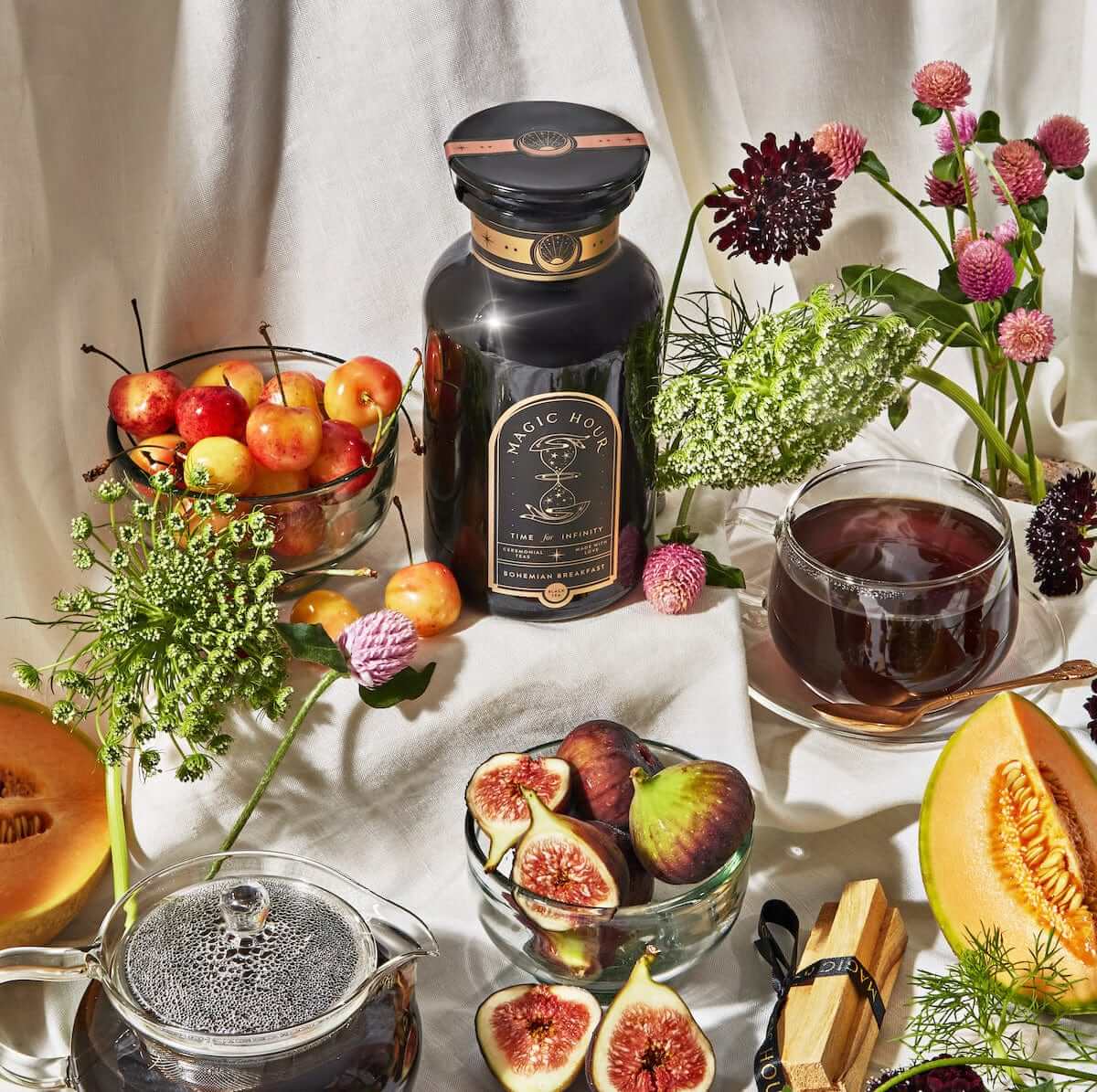Oolong is a favorite among tea drinkers, despite not being as popular as green or black tea. Oolong tea has more water eliminated during processing and is more oxidized than different teas. This indicates that it is highly concentrated and contains more caffeine.
Oolong tea may be an option if you do not like the flavor of coffee but need a caffeine boost or are looking for an alternative to coffee. The tea contains more caffeine than many other teas, though not quite as much as coffee. Basically, in comparison to coffee having 95 mg of caffeine, oolong tea only has 36 mg of caffeine per cup.
Now you know coffee has more caffeine content - but can oolong tea provide the same level of a boost as a cup of coffee? Read on to learn more about oolong tea caffeine vs coffee.
What is Oolong Tea's Caffeine Content?
An 8-ounce cup of oolong tea contains 36 mg of caffeine on average. But this is just on average, and caffeine levels can vary from cup to cup. You will get a strong cup of tea with a lot of caffeine if you steep it for a long time in a small vessel.
Every cup of oolong tea is unique due to the oxidation process it goes through. A version that has been heavily oxidized will have more caffeine than a version that has been less oxidized, and it will also have a different taste altogether. You should try premium oolong tea to have a rich flavor experience.
But, if you are drinking oolong tea for the caffeine content, you will need to have approximately two cups of oolong tea to get the same boost as one cup of coffee.
How Much Caffeine is there in Coffee?
95 milligrams of caffeine are found in an average 8-ounce cup of coffee. This can also be affected by the kind of coffee in question. For instance, a cup of espresso contains significantly more caffeine than a usual breakfast blend made at home.
How Do Oolong Tea and Coffee Get Their Caffeine?
When tea leaves are grown, they naturally contain caffeine. However, there are several ways to alter the amount of caffeine in your cup of tea.
- Temperature – The amount of caffeine in your cup will be lower at cooler temperatures because caffeine levels are directly proportional to extent of heat used.
- Steeping – The very first steep is always the strongest when it is about getting some caffeine. Tea obtains more caffeine the longer it is steeped.
Oolong Tea and Coffee's Caffeine Content
The bottom line is even though the amount of caffeine in oolong tea varies by brand, it is approximately half as much as a cup of coffee. A cup of oolong will not contain as much caffeine as a cup of coffee, which is good news if you are sensitive to high levels of caffeine. Our premium oolong tea is simple to brew and does not have high caffeine!
Shop Oolong Teas
Ti Quan Yin

SIP TI QUAN YIN
Capricorn

SIP CAPRICORN
Sagittarius







